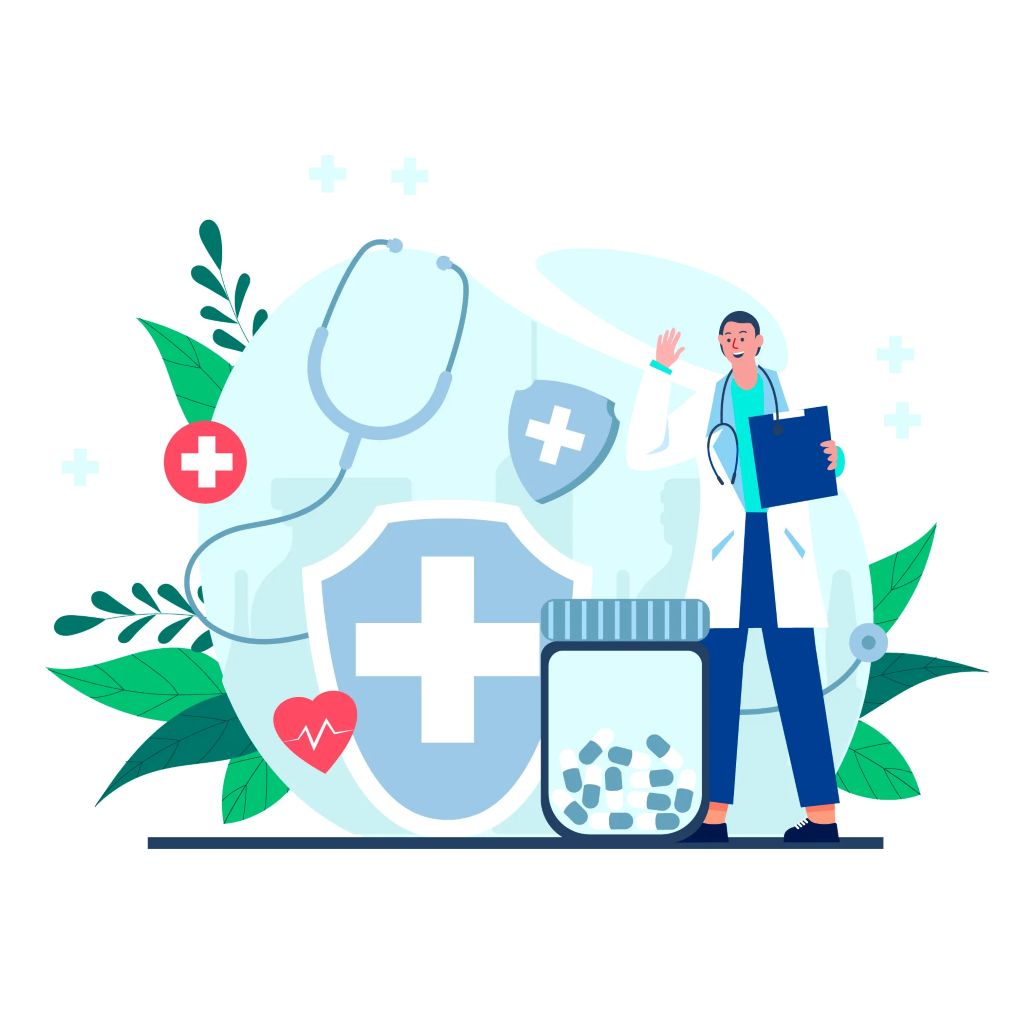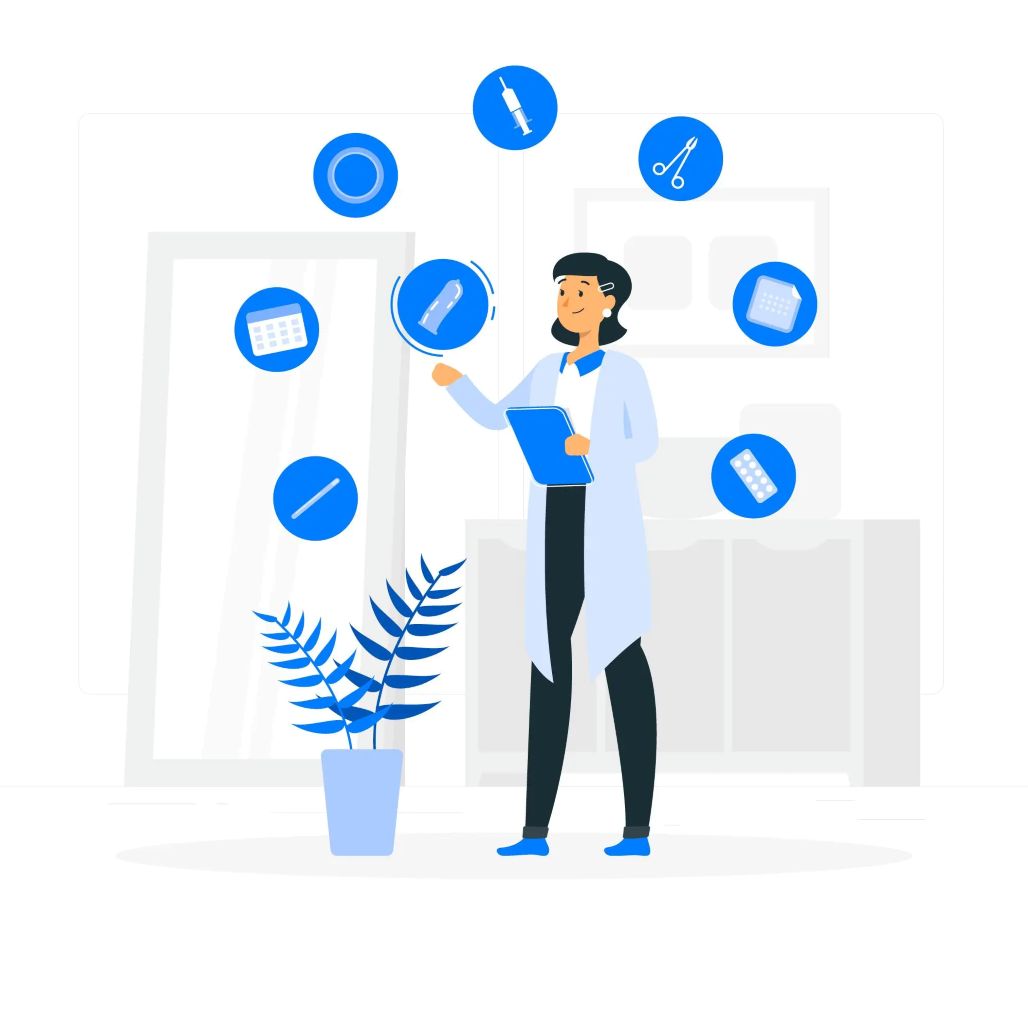
Healthcare is one of the most fast-paced and demanding industries in the world. Doctors, nurses, and allied healthcare professionals need more than just medical knowledge—they must master a range of healthcare skills, from communication and empathy to clinical expertise and compliance awareness. But in such a dynamic environment, where guidelines change frequently and patient expectations rise every day, how can organizations ensure their workforce is equipped with the right skills?
This is where a healthcare LMS (Learning Management System) becomes a game-changer. Platforms like Calibr Learn, with AI-powered personalization and flexible training paths, help hospitals and healthcare organizations continuously train staff, maintain compliance, and improve patient outcomes.
If your organization is exploring smarter ways to train healthcare professionals, a healthcare LMS like Calibr can provide the structured, scalable, and personalized learning experience you need. Explore more by visiting our website or contact us for more details
Why Healthcare Skills Matter More Than Ever
Healthcare isn’t just about treating illnesses—it’s about delivering safe, ethical, and patient-centered care. Studies reveal that medical errors are the third leading cause of death in the U.S., accounting for over 250,000 deaths annually (Johns Hopkins Medicine). This alarming number highlights why continuous upskilling of healthcare workers is critical.
Professionals in this sector need:
Clinical skills to diagnose and treat patients effectively.
Communication skills in healthcare to interact with patients and families with empathy.
Compliance awareness to follow legal and safety regulations.
Technical adaptability to embrace telemedicine, AI tools, and digital health solutions.
A structured LMS for healthcare training like Calibr ensures these skills are continuously refined, assessed, and certified.
Essential Skills in Healthcare

Healthcare is unlike any other industry—lives are on the line with every decision. This means healthcare professionals must be equipped with a comprehensive mix of skills: clinical expertise, technical know-how, emotional intelligence, communication, and adaptability. A structured LMS for healthcare training ensures continuous improvement of skill knowledge medical care, helping professionals stay aligned with evolving protocols.
Below are the core categories of healthcare skills every professional should master.
Clinical and Medical Skills
Clinical expertise forms the backbone of healthcare practice. Every worker—from doctors to nurses to technicians—must master medical skills that allow them to handle patient cases with precision and confidence.
Some core clinical skills examples include:
Performing CPR and basic life support (BLS) in emergencies.
Administering injections, IV therapy, and medications accurately.
Wound care—cleaning, dressing, and preventing infections.
Monitoring vital signs like blood pressure, heart rate, and oxygen levels
Applying infection control protocols to prevent hospital-acquired infections.
For specialists and doctors, clinical skills expand to:
Reading diagnostic images such as X-rays, MRIs, or CT scans.
Performing complex surgical procedures.
Administering anesthesia safely.
Understanding pharmacology and drug interactions.
But skills required to be a doctor go beyond technical treatments. Physicians must become lifelong learners, consistently updating themselves on breakthroughs in medicine, treatment protocols, and emerging technologies like robotic surgeries and AI diagnostics.
With a healthcare LMS like Calibr , simulation-based modules can replicate these real-life clinical situations. Imagine a nurse practicing emergency response through a VR-enabled module or a surgeon rehearsing complex steps before entering the OR. This kind of scenario-based learning strengthens decision-making and reduces real-world errors.
Communication Skills in Healthcare
Healthcare is built on trust—and trust is built on communication. Patients often come to doctors and nurses in vulnerable states, feeling anxious, afraid, or overwhelmed. In such moments, communication skills in healthcare become just as important as clinical ones.
Key aspects of effective healthcare communication include:
Explaining diagnoses and treatments in simple terms that patients and families can understand.
Demonstrating empathy and compassion, particularly when delivering difficult news.
Collaborating across teams—nurses, specialists, technicians, and administrative staff must share information clearly to avoid mistakes.
Active listening, ensuring patients feel heard and respected.
Poor communication can have devastating effects. A Harvard CRICO Strategies study found that 30% of malpractice cases involved communication failures, contributing to 1,744 patient deaths over five years. RMF Harvard
With Calibr’s Collaborative Learning feature, healthcare teams can practice these scenarios through role-plays, group discussions, and peer feedback. For example, doctors can rehearse breaking bad news empathetically, or nurses can learn how to de-escalate a frustrated patient interaction.
Hard Skills for Nursing
Nurses are the frontline of healthcare delivery, often spending the most time with patients. Their role requires balancing technical proficiency with compassion, quick decision-making, and adaptability to rapidly changing clinical environments. Nurses can strengthen critical competencies using LMS healthcare skills modules using platforms like Calibr which offer personalized learning paths tailored to medical procedures and patient safety. Hard skills for nursing are not optional—they directly affect patient safety and outcomes.
Some critical hard skills for nursing include:
Patient assessment: Accurately evaluating a patient’s physical, mental, and emotional state forms the foundation of effective care planning.
Administering treatments and medications: This includes IV therapy, injections, wound dressing, and ensuring correct dosages to avoid harmful errors.
Operating medical equipment: From infusion pumps to ventilators, nurses must be adept at handling high-tech devices safely.
Electronic Health Record (EHR) management: Documentation is essential for continuity of care, regulatory compliance, and reducing errors in treatment.
Infection prevention: Nurses must adhere to hygiene, sterilization, and isolation protocols to minimize hospital-acquired infections.
Emergency response: Handling crises like cardiac arrest, trauma admissions, or code blue situations swiftly and accurately.
In addition, modern nurses need skills in care coordination, time management, and patient advocacy, as they often serve as the communication bridge between patients and physicians.
With Calibr’s Microlearning, these complex protocols can be broken into short, actionable lessons. A nurse can quickly review steps for managing a ventilator or administering a new vaccine within minutes—just before applying the skill on the floor—ensuring higher retention and confidence in critical moments.
Skills for Medical Doctors
Being a doctor today is about far more than writing prescriptions. Doctors must combine scientific expertise, leadership, ethics, adaptability, and compassion to navigate increasingly complex healthcare environments. Let's see below the skills required to be a doctor
Core doctor skills include:
Evidence-based decision-making: Using the latest clinical guidelines and medical research to tailor treatment plans.
Specialized procedures: Depending on their field, doctors may perform surgeries, endoscopies, or interventional radiology
Adaptability with new technologies: Embracing telemedicine, AI diagnostics, robotic-assisted surgery, and precision medicine.
Leadership in high-stakes situations: Doctors often lead teams of residents, nurses, and technicians during emergencies.
Ethical judgment: Balancing patient rights, medical necessity, and moral considerations.
Mentorship: Passing down expertise to medical students and residents to strengthen the future workforce.
These are some of the critical skills required to be a doctor in today’s fast-evolving healthcare environment.
Doctors also need advanced clinical skills examples, such as performing minimally invasive surgeries or interpreting complex diagnostic tests. Doctors must also cultivate resilience, as the role demands long hours, high emotional intensity, and continuous upskilling to remain relevant in fast-evolving specialties.By focusing on continuous learning and practical experience, healthcare organizations ensure their teams master the essential skills for medical doctor, improving patient outcomes and safety.
With Calibr’s AI-Powered Learning, physicians receive tailored recommendations—such as oncology updates for cancer specialists or the latest surgical techniques for cardiologists. This ensures continuous professional growth and sharper, specialty-specific expertise.
Emotional Intelligence and Empathy
Technical knowledge alone does not define great healthcare professionals. Emotional intelligence (EQ) and empathy are equally vital in building trust and providing patient-centered care.
Healthcare workers often face high-stress scenarios—delivering a terminal diagnosis, supporting grieving families, or handling anxious patients. In such cases, empathy reduces emotional distress and fosters better patient outcomes. EQ also improves teamwork, as staff who can manage their own stress and understand colleagues’ perspectives work more effectively in high-pressure environments.
Training modules in a healthcare LMS can simulate these interactions. For instance, role-playing exercises may involve calming a distressed parent or counseling a patient before surgery. With Calibr, scenario-based empathy training helps healthcare workers strengthen their emotional resilience while improving patient satisfaction.
Critical Thinking and Problem-Solving
The unpredictable nature of healthcare demands critical thinking at every level—from bedside nurses to surgeons in the OR. Medical emergencies often require professionals to make quick decisions with limited information.
Key aspects include:
Prioritization: Identifying the most urgent patient needs when resources are limited.
Diagnosis of unusual cases: Recognizing rare conditions or atypical symptoms.
Adaptive treatment planning: Adjusting care plans when patients don’t respond as expected.
Collaborative response: Working with a team during crises such as code blues.
With Calibr’s Assessment and Certification tools, organizations can replicate these real-world scenarios in a safe environment. Case-study modules test healthcare workers under timed conditions, sharpening their ability to act decisively when lives are at stake.
Digital and Technological Literacy
Modern healthcare is powered by technology, and every professional must be fluent in digital tools. From EHRs and telehealth platforms to AI-assisted diagnostics, technology streamlines care but also requires specialized knowledge to use effectively.
Healthcare professionals must understand:
Electronic Health Records (EHRs) for patient documentation and continuity of care.
Telemedicine tools for remote consultations, increasingly vital post-pandemic.
Medical devices powered by AI and IoT, such as smart monitoring equipment.
Data security and compliance regulations like HIPAA and GDPR, to safeguard patient information.
Mobile learning and simulation modules improve skill knowledge medical care, ensuring staff can handle real-world scenarios confidently.
With Calibr’s SCORM-compliance and Mobile Learning, healthcare organizations can deliver flexible, mobile-optimized digital training. Professionals can learn to navigate new systems anytime, anywhere—without disrupting patient care schedules.
Resilience and Stress Management
Healthcare is emotionally and physically demanding. Long hours, critical decisions, and exposure to trauma can lead to burnout. According to the American Medical Association, 62.8% of physicians reported burnout symptoms in 2021, a significant increase from 38.2% in 2020. This alarming statistic underscores the importance of addressing burnout to ensure both provider well-being and patient safety.
Resilience training helps healthcare workers manage stress, maintain focus during long shifts, and balance professional and personal well-being. Skills like mindfulness, emotional regulation, and self-care strategies are becoming essential to sustain performance.
With Calibr’s Gamification features, learning is made engaging and less stressful. Nurses and doctors can compete on leaderboards, earn badges, and track progress—transforming training into a motivating experience that strengthens resilience while maintaining enthusiasm for lifelong learning.
For more information on the critical non-clinical soft skills staff must develop, read our full blog on Top 10 Essential Soft Skills Every Healthcare Professional Need.
Conclusion: Why Healthcare Needs an LMS Now
Healthcare professionals carry the responsibility of saving lives and improving well-being. To succeed, they must continuously sharpen their healthcare skills, from clinical expertise to communication and compliance. A healthcare LMS like Calibr empowers organizations to deliver personalized, engaging, and effective training at scale and Calibr, as a healthcare LMS, leverages AI to deliver personalized learning paths, identifying LMS healthcare skills gaps
Beyond individual skill-building, an LMS ensures consistent standards of care across teams, departments, and even global locations. It helps healthcare organizations stay compliant with ever-changing regulations while reducing risks tied to human error. With features like real-time analytics and AI-powered recommendations, leaders can identify skill gaps early and address them proactively.
Moreover, investing in digital learning fosters a culture of continuous improvement—where doctors, nurses, and staff evolve together as a stronger, more resilient workforce. It creates a future-ready healthcare system that not only treats illness but also inspires trust, empathy, and innovation in patient care.
Ready to transform your healthcare workforce? Get started with Calibr Learn today by signing up for a 14-day free trail or contact us or schedule a demo to get started
By combining the right skills with the right learning technology, your organization can deliver better care, improve patient safety, and build a resilient workforce prepared for the future of healthcare.
Investing in a healthcare LMS like Calibr ensures continuous development of LMS healthcare skills across clinical and administrative staff.


